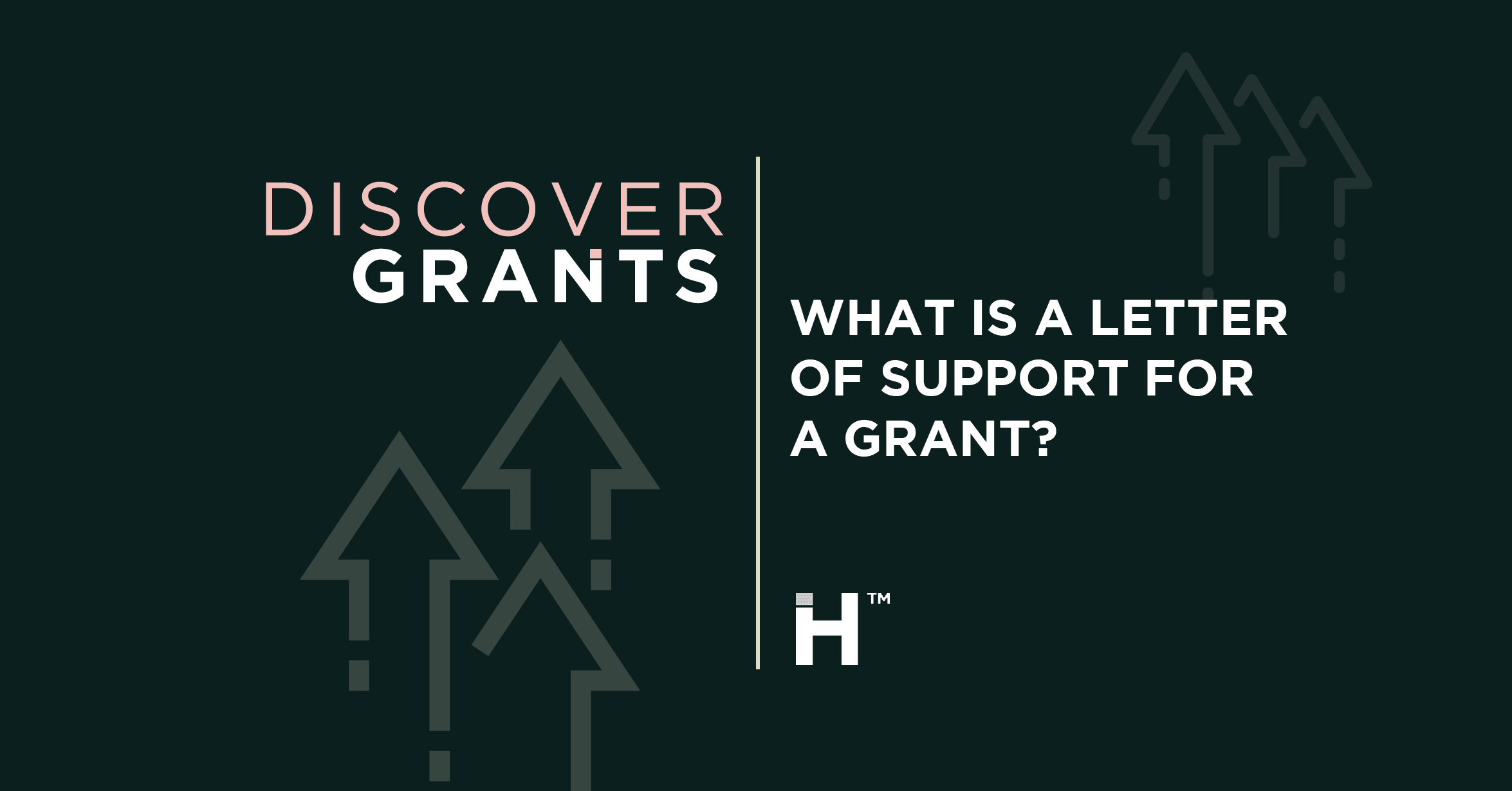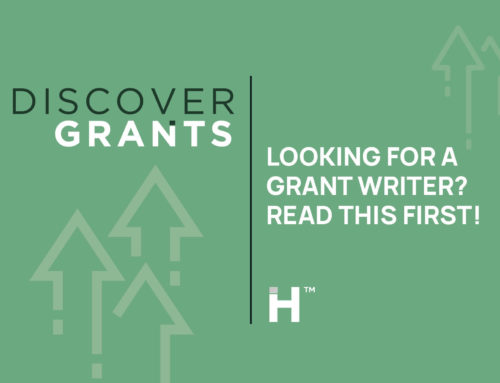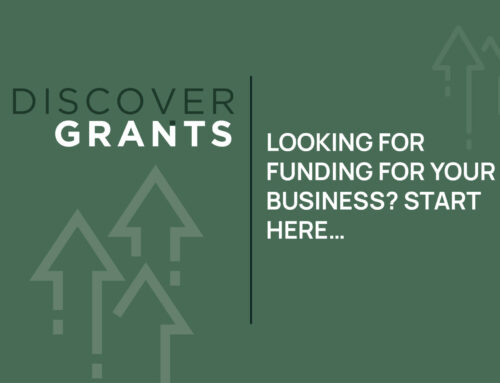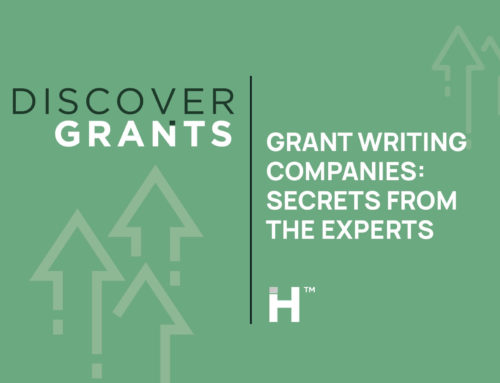Get started on writing a letter of support for a grant with this blog!
When applying for grants, a letter of support showcases your suitability and improves future chances of further funding. It’s a small but important part of the grant funding process. With this blog, you’ll be clued in on what you need in a letter of support for a grant.
What is a letter of support?
A letter of support is used to add validity to your grant proposal. In the case that multiple stakeholders or organisations are involved in delivering your project, they’ll have to write this document..
A letter of support for a grant can come from your partners. They can also come from any third party that have faith in you achieving the grant’s goals. They outline their contributions to the project, and how they will help you achieve your desired goals. If you’ve worked with the partners before, these letters should also be seen as testimonials.
They help to:
- Assure the funder of the applicant’s credibility
- Showcase their level of commitment to the project
- Give the applicant a chance to present their qualifications and past successes
- Convey enthusiasm for the project
- Provide a unique, written point of view of your collaborator/consultant.
The structure
So, we’ve defined the functions of a letter of support for a grant . Now let’s outline how the third party would structure the document.
-
Heading, introduction, date
This is vital, as it’ll be the first thing they assess in their search for the right applicant. The proposal title needs to be near the top of your document. Make sure you address the funding contact in the correct title and capture them with personal, persuasive writing. Inform them of who you are, and why your opinion should matter to the funder.
If you have experience with the specific subject matter, utilise this to win the funding. Showcase the suitability of the applicant through their work with you. This is a good place to describe your relationship with the applicant.
-
Main body of text
What conclusions have you come to about the applicant and how they will fulfil the grant? Do you feel they’re cut out for it? This is where your faith comes into play. What problems did the applicant solve when they were working with you? How hard did they work to get the desired result? If you’ve worked previously with the applicant, what specific skills did the applicant showcase? In doing this, you answer questions the funder might have about the applicant’s abilities. You also provide evidence of a productive working relationship.
-
Conclusion
Ultimately, this document is your last chance to appeal to the funder and demonstrate the applicant’s suitability for the grant. At this point, you’ll be outlining and recapping the points made throughout the document. You will be ensuring the reviewer knows just how suitable the applicant is. A letter of support for a grant needs a conclusion, as the funder weighs up your points.
Here are some tips to help you improve your letter of support for a grant:
-
Proofreading
This is one of the first things the grant funder will read whilst they are considering the applicant. If you can’t effectively communicate your enthusiasm and faith in the applicant, they’re unlikely to succeed. It helps if you have a second pair of eyes to look over the document. If you don’t have anyone available to proofread it, take a day out and come back to it. You’ll be looking at the document through fresh eyes, which helps immensely.
-
Ensure correct formatting
If your formatting is incorrect, it cuts into the credibility you’ve been building throughout the document. In the grant documents, the funder might set out specific formatting instructions, so it’s wise to follow them.
-
Try not to transform the letter into sales
This may seem strange, but the funder will know if you’re being too pushy. Refrain from using pushy language and the funder will appreciate you for it. It may be the case that your letter is refreshing, as your competition litters their pages with sales-focused language.
-
Discuss the outcomes
Describe how you will be an active part in the success of this project if it were to be funded. More importantly, what outcomes are to be expected? This step is vital in writing a letter of support for a grant.
-
Page limits
Depending on the size, an average letter of support shouldn’t go over two pages in length. This ensures that you’re writing about relevant information and allows you to focus on larger parts of the proposal.
In summary
Now you have a greater idea of how a letter of support for a grant can help you win your proposal. Although a smaller part of the process, they still help in your first, second or third grants.
In case you need a recap, we looked over:
- What exactly a letter of support is and its function
- How you should structure your letter of support
- Tips on what to include in your letter of support.
Our services
Grant Writing
Our Grant Writing Service is for businesses who want to start applying for grants, but don’t know where to begin. They can also help businesses who have been applying for grants but aren’t seeing success.
Our Grant Writing Consultants have over 60 years of experience in bidding for funding and grants. From start-up business grants to self-employed business grants. They can take care of the whole thing for you – they’ll even submit it on your behalf.
Get in touch to find out how we can help your business grow!
Grant Tracker
You can find grants on our Business Grant Tracker. Currently, we have over 1,700 live business grant and funding opportunities. Our team have manually tracked 1,500+ data streams searching for business grant opportunities. Each one is then uploaded to one central system, streamlining the process.
All you need to do to gain access is sign up for free.
Find more helpful tips and advice in our blogs. We cover topics including:





